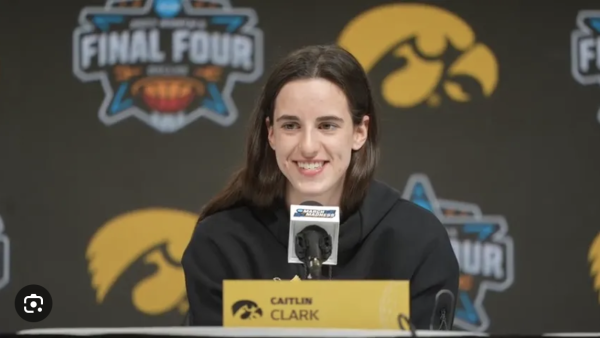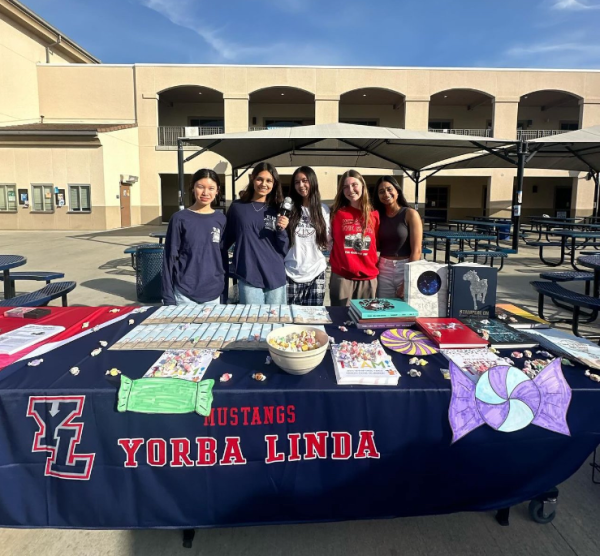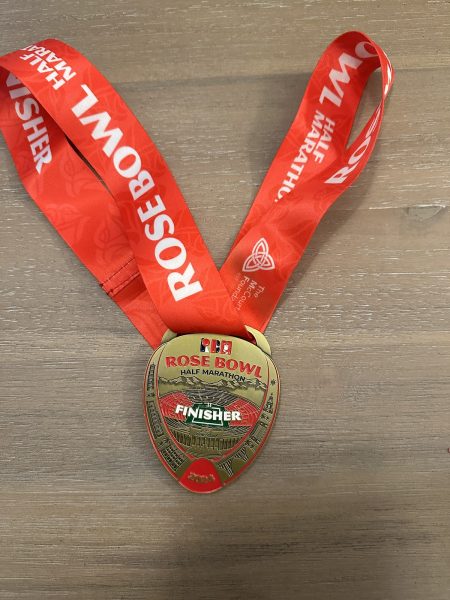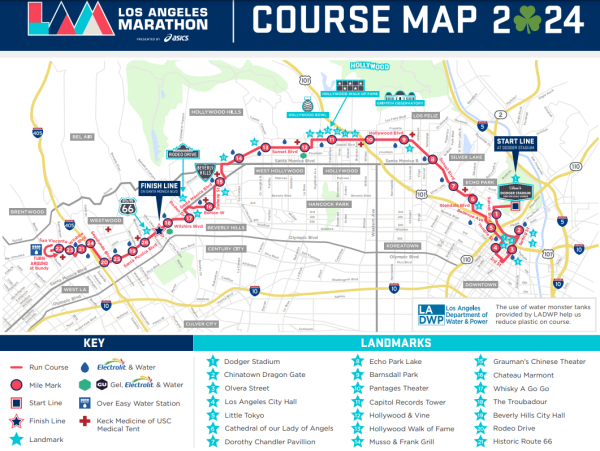SparkNotes: A Novel of an Idea
Payton Janish is pictured reading SparkNotes as an alternative to reading the actual book
October 7, 2018
With more than 500 study guides, the website SparkNotes prides itself with being “your source for help with Shakespeare and English Literature, plus history, math, biology, and more” according to Sparknotes. But there is a very prevalent question among teachers: are students abusing SparkNotes and similar sources as a strategy to bypass reading assignments? For high school students in this modern age, it seems almost impossible that there was once a time where teenagers were able to survive school without technology readily available. Just 20 years ago, similar online tools did not exist for students. There is an abundance of apps and websites designed for school use that can be majorly beneficial to students, helping them with homework and studying. But eventually, these tools that are provided to modern students by the internet must come with a cost. Taking a look at the website SparkNotes specifically, where do we draw the line between innocent studying and intended cheating?
Though created with the good intentions of helping students understand difficult pieces of literature, SparkNotes is a website that can be easily abused by students. As an honors Language Arts teacher, Richard Cadra (Staff) shares that “[he is] not delusional. [He] know[s] that [his] students are very busy and some take the easy way out by reading SparkNote versions of books.” Although Cadra acknowledges that “SparkNotes can be a good tool if used after reading the material to understand it better,” he still states that “it is not acceptable when students read the source instead because reading a summary will never replace the richness of the full text.” To combat the struggle of his students skipping their reading assignments, Cadra shares that “[he] design[s] [his] quizzes in a way that forces students to read the full material to receive a passing grade. Otherwise, students will be severely punished on quizzes if they choose not to read.”
SparkNotes can be an advantageous site for students if used appropriately. It allows students to form a greater understanding of particularly challenging writing. But, Cadra also warns about the negative long-term effects of adopting the habit of reading summarized version of texts asking “what is going to happen in the future when students take college courses that require reading that does not have a corresponding SparkNote version?” It is clear that developing these shortcut habits during high school years will have a detrimental effect on the success of students’ futures. Sure you may receive an A in your sophomore Language Arts class, but is that really worth the cost of developing bad habits for the future?
A survey conducted by the Pew Internet Project reported that 90% of teachers claimed that “digital technologies were creating an easily distracted generation with short attention spans” according to the New York Times. Online tools like SparkNotes may be contributing to the shortened attention spans of high schoolers because it gives students a cop-out, allowing them to read shorter, more condensed versions of literature. In these surveys stated within the New York Times, some teachers shared that “students have grown so accustomed to getting quick answers with a few keystrokes that they are more likely to give up when an easy answer eludes them” . The rise of this new issue, commonly labeled as the “Wikipedia Problem”, is parallel to the problems related to SparkNotes. With the believed shorter attention spans of students who grew up in the age of technology, students may be less likely to read the assigned literature, rather, opting to read the summarized version that they have become accustomed to having provided for them. Altogether, SparkNotes, Cliff Notes, Shmoop, and online sources alike, in theory, have beneficial qualities, those resources sit on a slippery slope that can very easily result in cheating and poor school related habits.





















